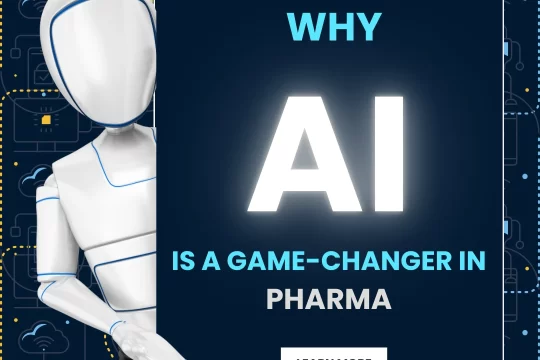How to Know if Clinical Research is Right for You ?

Starting a career in clinical research offers great opportunities for those who are excited about helping improve healthcare. Clinical research professionals have a vital role in shaping the future of medicine, handling tasks like managing study details and making sure clinical trials succeed. If you’re thinking on why you should consider a career in clinical research, or whether clinical research is right for you or not, check out these factors as you explore this fascinating field.
Education Required
While getting started in clinical research having a solid educational background is crucial. Our clinical research course is designed to equip you with the necessary skills and knowledge, making it a valuable alternative to traditional degrees.
While a bachelor’s degree is often a minimum requirement in the broader job market, our program is open to anyone passionate about clinical research. We go beyond traditional academic routes by providing specialized training, allowing you to dive into the practical aspects of the field.
It also provides an opportunity to connect with fellow industry professionals, which can prove beneficial when the time comes to secure employment.
Skills required to start career in Clinical Research

While education is crucial, possessing specific skills is equally vital for success in clinical research:
1. Organizational Skills:
Managing multiple tasks and intricate details is pivotal. In the dynamic environment of clinical research, precision is key, as even minor errors can impact the entire study.
2. Communication Skills:
Effective communication with diverse stakeholders, including patients, doctors, and fellow researchers, is essential. The ability to convey complex concepts in simple terms and present data in an understandable manner is highly valued.
3. Problem-Solving Skills:
Adaptability is fundamental in this ever-evolving field. Clinical research professionals must navigate challenges swiftly, think on their feet, and devise creative solutions.
4. Detail-Oriented:
Attending to the minutest details is imperative. Identifying errors and ensuring data accuracy are critical aspects of the role.
5. Time-Management:
Clinical research projects are often time-sensitive. Efficiently managing time, meeting deadlines, and keeping studies on track are integral to project success, particularly those involving human subjects.
How to Get a Clinical Research Job
Entering the competitive landscape of clinical research can be challenging, especially without prior experience. Increase your chances by:
a) Gaining Experience:
Volunteer, work as a research assistant, or participate in clinical trials to accumulate practical experience.
b) Networking:
Attend conferences, join professional organizations, and engage with the community. Building a network can open doors to job opportunities.
c) Education & Certification:
Pursue a degree or certification in clinical research. While not mandatory, it enhances your competitiveness in the job market.
Types of Clinical Research Jobs
The field of clinical research offers diverse roles, each contributing uniquely to the research process. Explore positions such as Clinical Research Coordinator (CRC), Clinical Research Associate (CRA), or Clinical Trial Assistant (CTA). Research the responsibilities of each role and envision yourself in them to identify the best match for your skills and interests.
Embarking on a career in clinical research is a journey filled with learning, challenges, and the satisfaction of contributing to medical advancements. By understanding the educational requirements, honing essential skills, and actively seeking opportunities, you can position yourself for a rewarding and impactful career in clinical research.
Conclusion
As you consider your path in clinical research, remember that our clinical research course is tailored to provide practical insights, ensuring you not only gain knowledge but also develop the essential skills needed in the field. By enrolling with Pharmamentors, you open the door to a dynamic learning experience that goes beyond textbooks.


